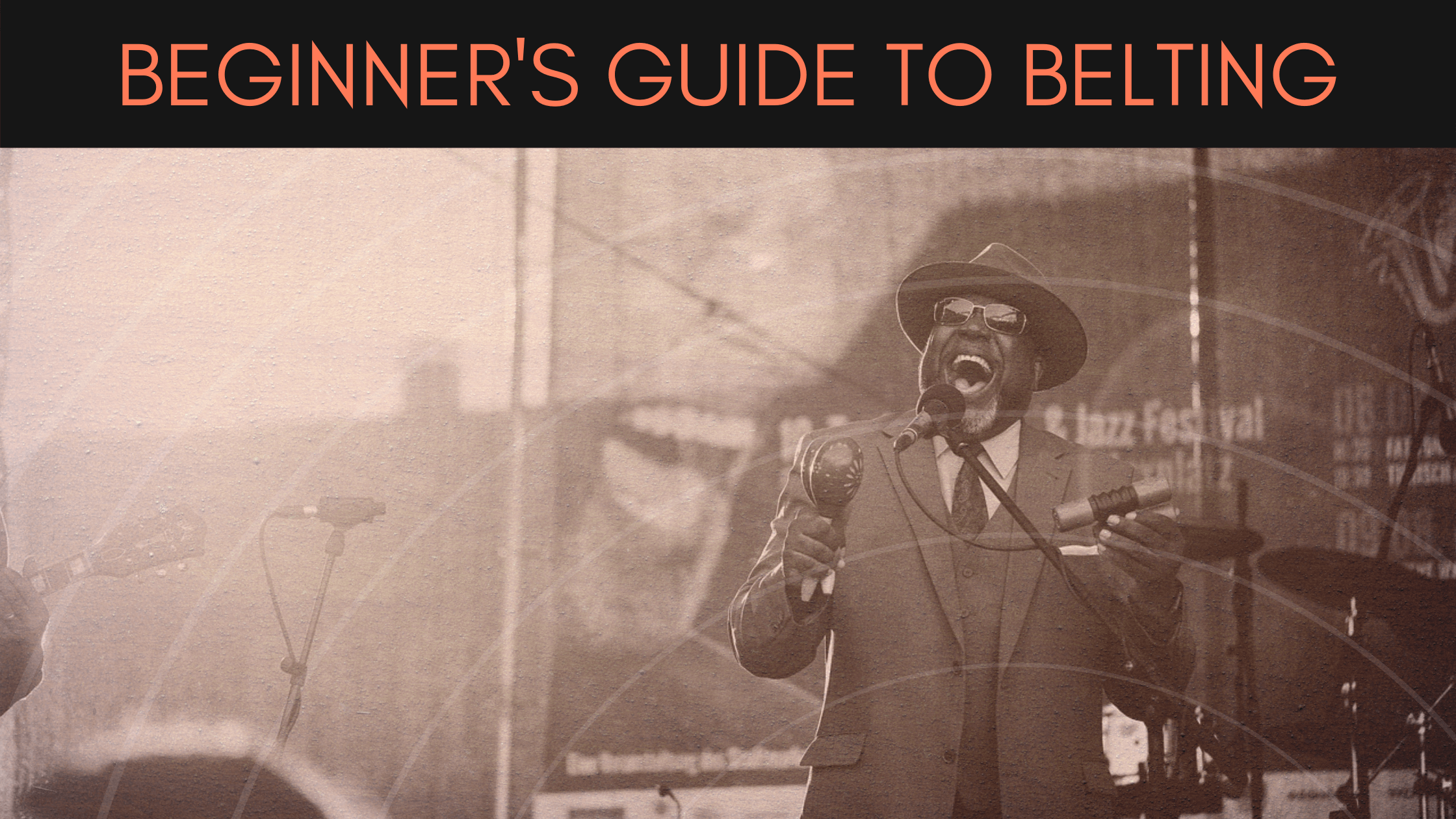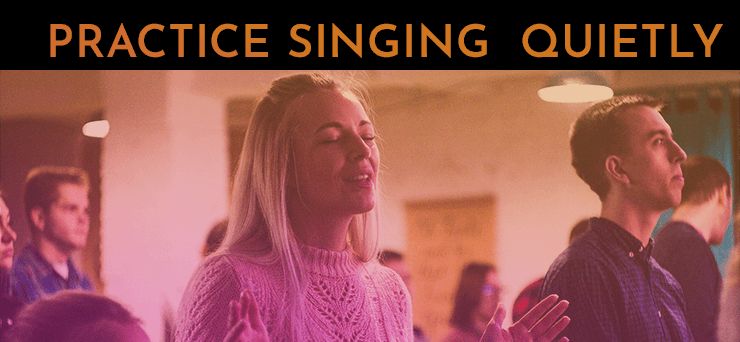30 Day Singer Blog - archives - page 13
Beginners Guide To Belting

Belting is a high-energy, high-volume mode of singing in which a singer maintains their “chest voice” sound into the middle and upper portion of their range. Belting is both a vocal fold event AND an acoustic event, as described by master teacher John Henny this way: “Your vocal cords come together more strongly and hold back more air in a belt, creating a stronger sound wave. You then create brighter sounds (with your resonators) to give more edge and bite to the sound.”
How to choose a good song for your voice: considering range, registration, and style

A few weeks ago, I came across this video of Alicia Keys and Billie Eilish performing “Ocean Eyes." Many commenters have already noted that Alicia does not sound her best on this song. But why? Alicia Keys is a professional vocalist - can’t she sing anything? Alicia Keys is incredible within her style, just as Billie is incredible within hers. You truly can’t compare them, nor should you ever have to! They have unique voices with different strengths, and they’ve both found their wheelhouse.
Shifting between vocal registers: How to transition smoothly + avoid cracking

Most students can easily find their chest voice and head voice placement. But where many struggle is in transitioning between the two, resulting in an inconsistent tone quality with noticeable points of weakness, strain, and/or “cracking”. What can we do about this? Read on for some practical tips and application.

Online video lessons allow you to learn at your own pace, review previous lessons on demand, and access instruction on any topic, any time. But there’s one component that video lessons can’t easily account for: the ability to measure your pitch accuracy. Within a private, one-on-one lesson (either in person or online), a skilled teacher is the one providing feedback on your pitch accuracy.
Mixed voice: Why is it so important, and how can I develop it?

Why do people talk about mixed voice as if it’s the holy grail? What is it in the first place? How can I tell if I’ve found my mix? All great questions - and believe me, I understand how confusing this topic can be. In this article, I’ll do my best to demystify the mixed voice for you and give you some practical tips to find and strengthen your mixed coordination.
Head voice, Falsetto, and Whistle Register - Explained!

Head voice, falsetto, and whistle are the three highest-pitched registers of the voice. This article will help you understand what they are, the differences between them, and how to exercise your voice within your uppermost registers!
How to Sing - Chest Voice

The term “chest voice” refers to the register in which most people speak and sing low to medium-high pitches. Chest voice is characteristically full and strong, with a naturally higher volume and warm, rich tone.
Vocal Fry - What is it and Usage

Have you heard of vocal fry? Even if you’re not familiar with that term, you’ve most certainly heard people speak and sing using vocal fry. So what is it, and when should you use it? Read on to find out!
How to Practice Quietly - How to Sing Better

Daily practice gets a little complicated when you live with roommates or family members. They might be understanding - but what if you’re in an apartment with neighbors on all sides? This article will give you some tips on how to practice quietly!
One Lesson Per Day? How to practice for the Best Results

Many new students ask: how many lessons am I supposed to complete per day? What if I want to watch more than one lesson? How much time should I spend practicing? What should my practice routine look like? We’ve got answers to all of those questions to set you up for success!

